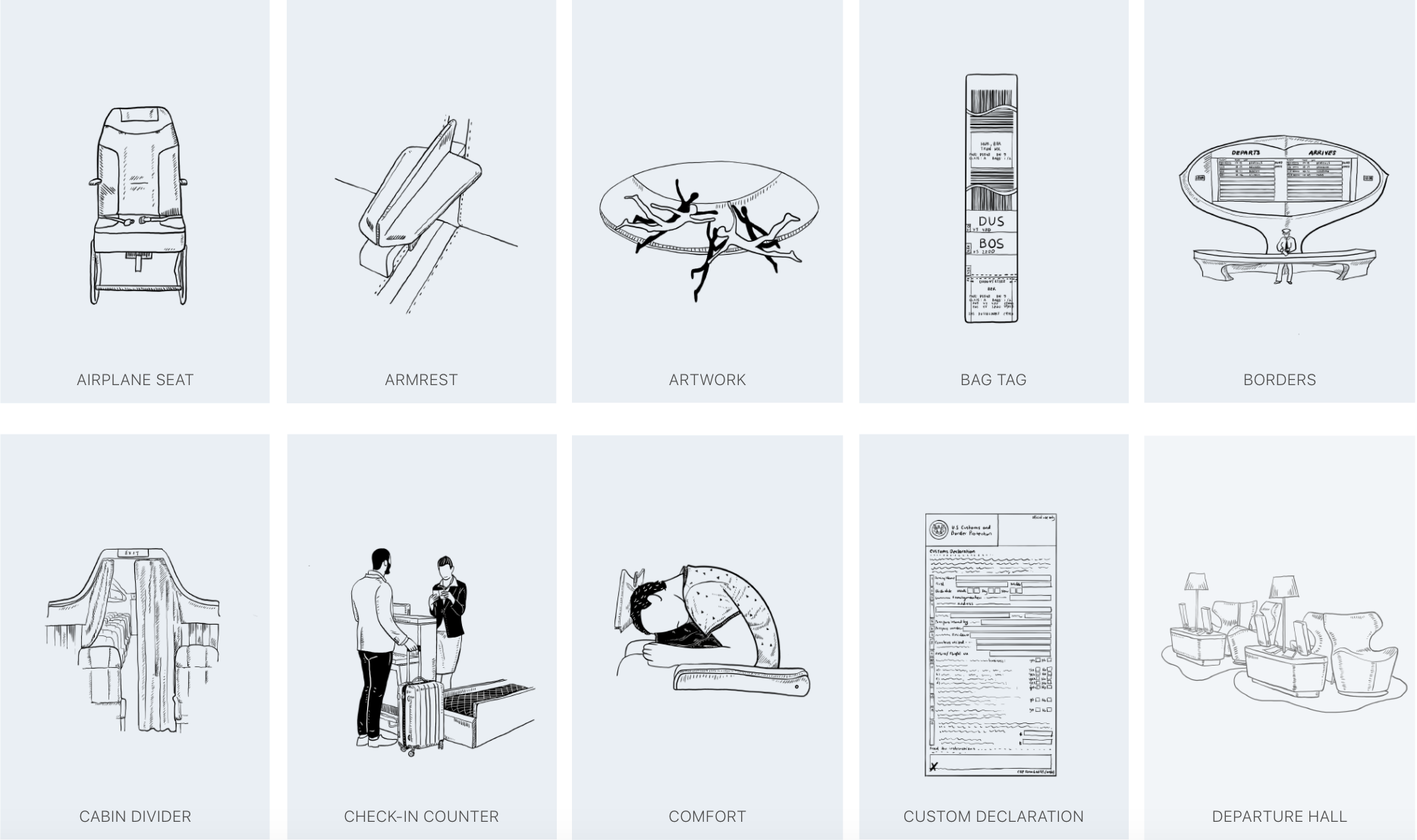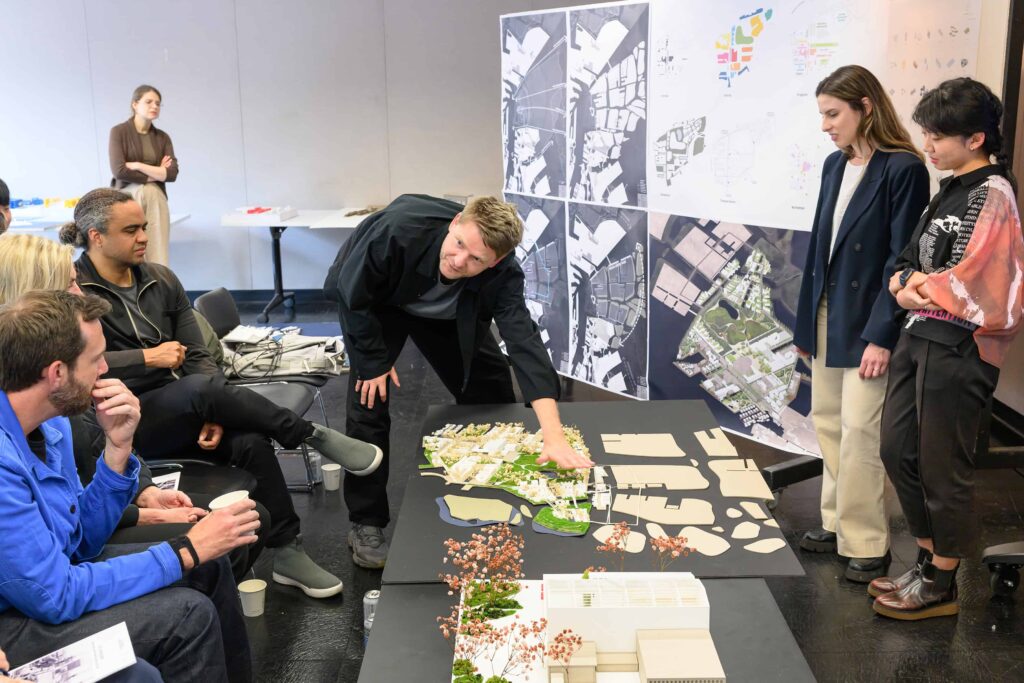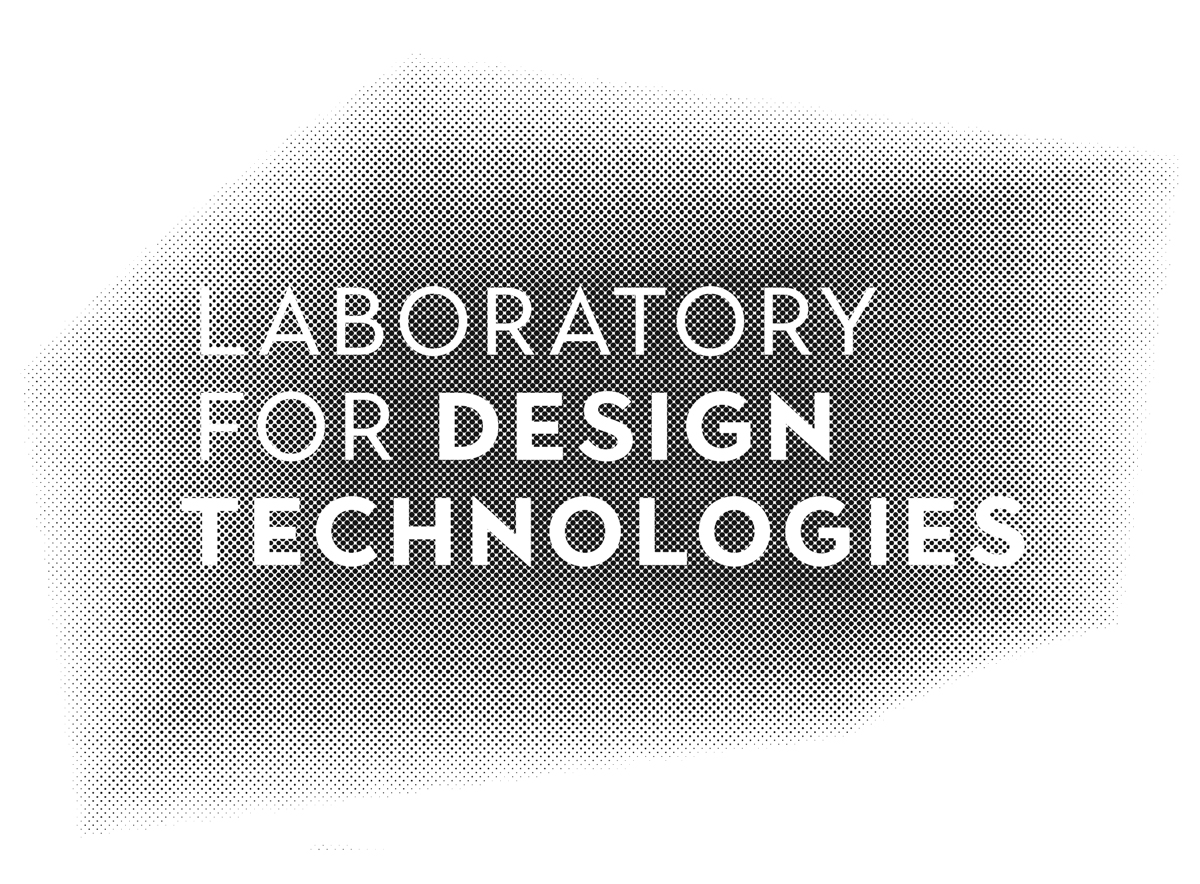
Designing Change
The Lab creates a collaborative platform for the GSD’s design technology research units and related GSD faculty, whose specialties are responsive technologies and sensing, sustainable material systems, robotics and additive manufacturing, computational design and modeling, urban data analytics, and transport systems design. The researchers’ work is forward-looking, speculative, and imaginative. It projects into the future, yet remains grounded in deep knowledge of science, construction, engineering, and industry practice. LDT is closely aligned with the GSD’s Advanced Studies Programs, including the Master in Design Studies Program and the Doctor in Design Program as well as the Master for Design Engineering Program at Harvard, a collaborative degree program by the Graduate School of Design (GSD) and the Harvard John A. Paulson School of Engineering and Applied Sciences (SEAS).
Participating Faculty and Research Units
Geometry Lab
The Geometry Lab researches the intersection of design and the science of shape and form, aided by computational tools and design intuition.
Faculty: Andrew Witt MDes ’02, MArch ’07

Material Processes and Systems Group
MaP+S is a research unit that advances knowledge about materials in the built environment.
Faculty: Martin Bechthold DDes ’01, Jonathan Grinham DDes ’18, and Daniel Tish DDes ’23
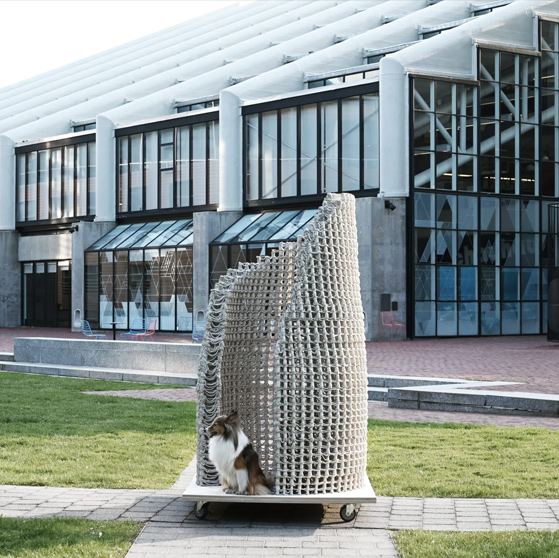
Responsive Environments and Artifacts Lab
The Responsive Environments and Artifacts Lab (REAL) is a research lab that pursues the design of digital, virtual, and physical worlds as an indivisible whole. It recognizes the all-pervasive nature of digital information and interaction at scales ranging from our bodies to the larger urban contexts we occupy and the infrastructures that support them.
Faculty: Allen Sayegh MDes ’96

Laboratory for Values in the Built Environment
The Laboratory for Values in the Built Environment (ViBE Lab) seeks to create knowledge that enables practitioners to design and plan our urbanizing world by defining and building upon values that are consistent with the development of meaningful and sustainable 21st century communities.
Faculty: Elizabeth Christoforetti MArch ’09, Carole Voulgaris
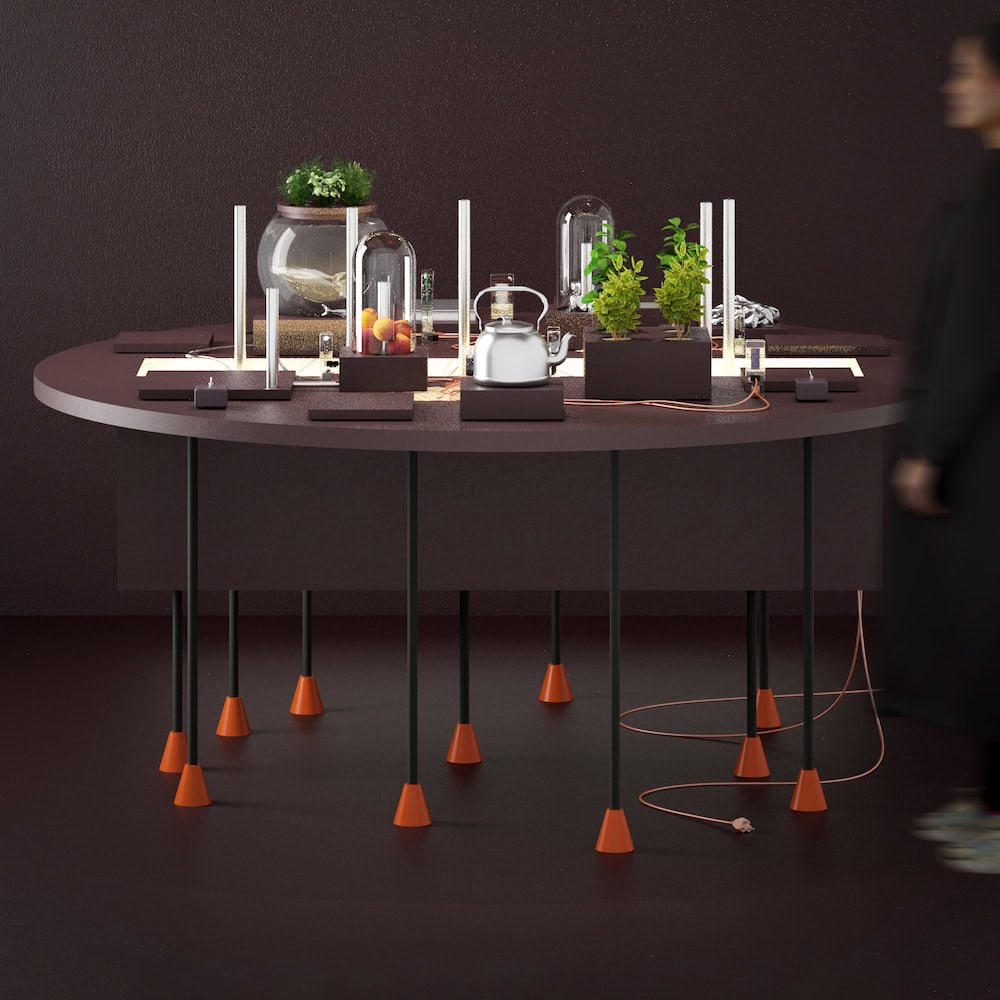
Karen Lee Bar-Sinai
Her research focuses on the relationships between matter, environment, and technology, exploring how precise tools can be leveraged to rethink materials, design, and construction at multiple scales.
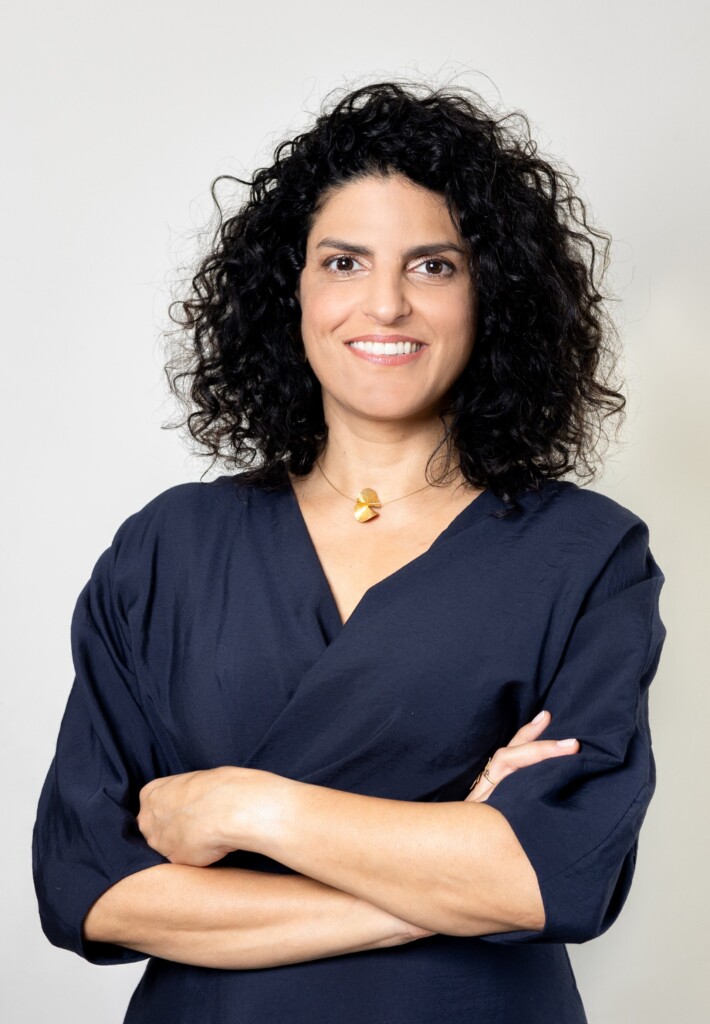
Support for LDT
Support for LDT comes from the Experimental Foundation, which sponsors two post-doctoral fellows. We are eager to expand our partnerships with other organizations and welcome you to contact us to learn how your company or foundation may become involved.
If you would like to learn more about the Laboratory for Design Technologies or would like to participate, please contact the Associate Dean, Development and Alumni Relations, Alice Roebuck.
